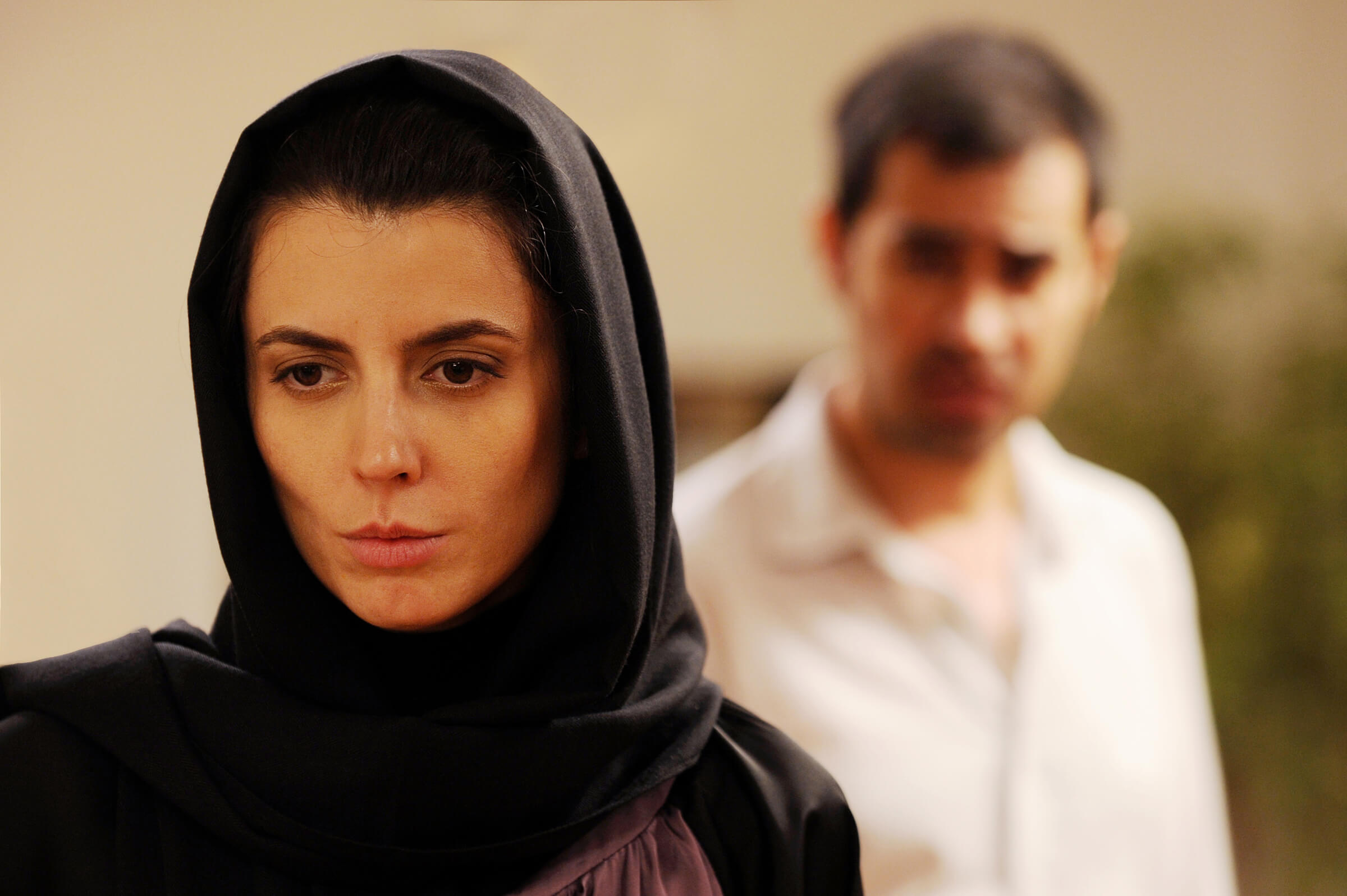
Despite a decades-long deep chill in political relations between the United States and Iran, culture is a different story. In particular, many movies from Iran have been shown and well-received in this country and others. A pinnacle of recognition for Iran’s thriving cinema scene came in 2012, when “The Separation” directed by Asghar Farhadi won the Oscar for best foreign film, making it the first Iranian movie to ever receive an Academy Award.
The Oscar win raised global awareness of the quality of Iranian cinema, but in fact, the country has for many years had a sophisticated and active moviemaking industry. A longstanding showcase for some of the best work being done in Iran is the annual University of California at Los Angeles (UCLA) Celebration of Iranian Cinema.
The annual festival, now over 20 years old, kicked off last weekend with “Do” (Two). The film is about the multi-layered psychological relationship that evolves between a man returning to Tehran from abroad who is selling his apartment and a strong-willed cleaning woman who after pleading for a job gets hired to help him clear out the place. Realistic in approach, the beautifully shot film starring two of Tehran’s leading stage actors elevates a seemingly mundane plot into a subtle exploration of how humans relate and fail to interconnect.
Soheila Golestani, the film’s director and screenwriter, came in for the U.S. premiere of “Do,”the first full-length feature of her directing career. The screening took place at the Billy Wilder Theater near UCLA. The festival was sponsored by the Southern-California based Farhang Foundation for the seventh year in a row. The Foundation is a non-profit organization dedicated to celebrating Iranian art and culture. It pushes no political or religious agenda.
Fourteen films are being screened over a three-week span. Though not an official theme, nearly all have to do with the challenges, ambitions, and plight of women in Iran today, including eye-opening topics that come as a surprise to those who know little about the day-to-day lives of Iranians and mainly think of the country as solely a theocratic society.

“Time to Love” is about a Tehran-based woman attorney who specializes in the defense of women in divorce proceedings. She often emboldens as well as defends her typically oppressed clients.
“Iranian Ninja” is a documentary short. It’s somewhat surprising subject—how some 3,000 women in contemporary Iran seek empowerment through the mastery of the martial arts discipline of Ninjutsu. The short depicts one group’s rigorous training and reveals the commitment they and their families make in encouraging them to learn to defend themselves.

“Nahid” is about a divorced woman with a young son who thinks she has found happiness with a seemingly honorable man who offers her marriage and future stability. But he continues to maintain only a clandestine temporary marriage with her that creates great stress for her.

“Avalanche” tells a story about a hospital nurse hired to care for an absent doctor’s frail mother on ten consecutive night shifts during a blizzard.

“The Man Who Became a Horse” is the tale of an elderly day laborer who lives with his adult daughter in spartan circumstances in a community of day laborers. When circumstances change the fortunes of the community, the daughter sees a chance of breaking away, setting up a cataclysmic intergenerational conflict. When circumstances change the fortunes of the community, the daughter sees a chance of breaking away, setting up a cataclysmic intergenerational conflict.

In “The Sale” a professional artist learns that her husband has gone to prison over bad business dealings, only to further find out that he has kept a second “temporary” wife who suddenly demands her legal dowry.

One Iranian classic film from 1969, “The Cow,” is also getting screened. Considered by many to have touched off Iran’s New Wave, the film is about human frailty. When a rural farmer’s beloved cow dies, his neighbors don’t want to tell him the truth, fearing the news will destroy him, but madness overtakes him nonetheless.